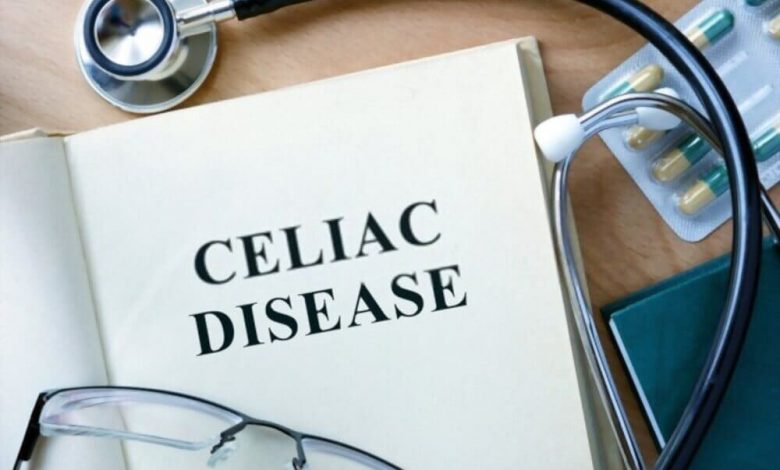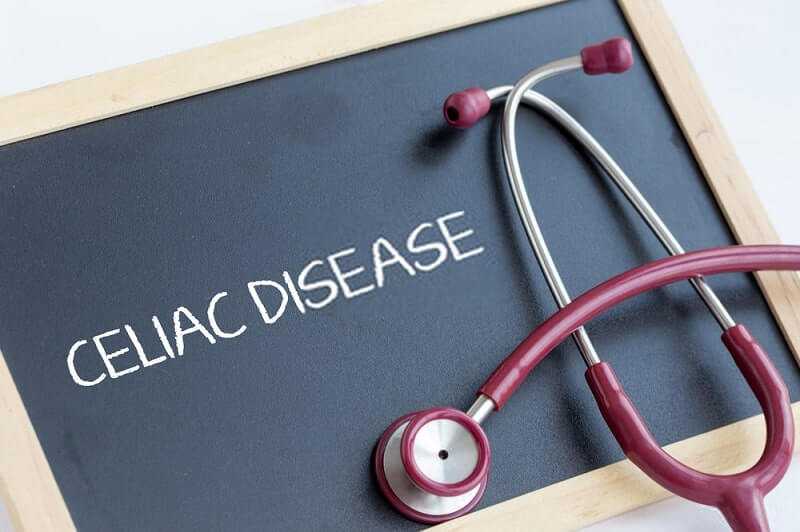Nutrition in Celiac Disease

Celiac disease is a lifelong and chronic allergy of the small intestine to a protein called gluten. Grains such as wheat and oats contain gluten. Food taken is decomposed into its components in the small intestine and enters the blood through the intestinal mucosa. The ability of our body to get enough food is provided by folds, which are found in large numbers in the small intestine and are called villus protrusions. Celiac patients reduce and shrink as villi protrusions and folds are destroyed due to allergies in the intestinal mucosa when they consume gluten-containing foods. In this way, the measurement of the face of the intestine gradually decreases, and the food taken becomes unable to be absorbed. As a result, nutritional deficiency, followed by symptoms of the disease, occurs.
Essential Features of Diet Therapy in Celiac Disease
In celiac disease, nutrition is the most critical issue. It is necessary for patients who have been diagnosed to prepare a nutrition program that considers the needs and lifestyle of the patient’s body, nutrition, and dietitian. This nutrition program should become the patient’s lifestyle. So patients should pay attention to the nutrients they will consume throughout their lives. If a good diet program is prepared for patients, they can have an eating habit filled with gluten-free foods without giving up foods they love and suitable for their taste. With many gluten-free products already sold outside, the patient can prepare and consume delicious foods that match their previous eating habits.
What Should Be Considered in Celiac Disease?
Celiac disease creates the need to change a person’s life completely. But this doesn’t mean that a person’s life will become problematic. After this time, the person needs to take extra care and pay attention to everything. For this reason, in celiac disease, nutrition becomes even more important than anything else. In celiac disease, patients should definitely not consume gluten-free foods within the framework of nutrition.
For this reason, it is helpful to prepare a particular nutrition program by a dietitian for patients. Because not consuming gluten doesn’t mean that people will have to eat foods they will not like. If the patient ultimately reduces their nutrition so that there is no gluten in it, this can lead to several problems, such as weight loss. However, with a healthy eating program, there is no such situation as involuntary weight loss. If a person with celiac disease wants to get rid of their excess weight for their health, beat the problem of obesity, they can again experience weight loss by their illness with a weight loss program that will be prepared with a dietitian to get rid of obesity problems.
How is Diet Treatment For Celiac Disease?
With a good nutrition program prepared with a dietitian, patients can eat heartily, deliciously, and healthy. This condition doesn’t prevent a person from moving on. Only patients need to integrate adherence to dietary guidelines in celiac disease into their entire lives. The most straightforward treatment for celiac disease is dietary therapy. This dietary treatment also requires that the patient doesn’t consume gluten for life. In other words, the patient should live a life without consuming gluten-free foods for treatment.
People with celiac disease all the vegetables, fruits, legumes pure solid or liquid oils, eggs, honey, jam, olive oil, meat, fish, chicken, or in any way un-canned foods that don’t cease, corn, rice, and potatoes, with the complacency of quinoa may consume. In the same way, people with celiac disease may also prefer chestnut flour, chickpea flour, soy flour, and grape seed flour, which are not considered gluten-free foods. Because these flours also do not contain gluten.
What Should Not Be Eaten in Celiac Disease?
Among the foods that should not be consumed to avoid gluten allergies, there are all kinds of foods that contain wheat, barley, rye, and oats. These foods include flour, rice, cake, crackers, cookies, bread, bagels, biscuits, various sauces, ketchup, flour soups, and desserts made with flour.

What to Consider About Nutrition in Celiac Disease?
- In particular, patients should take care of natural nutrients such as milk, meat, vegetables, eggs, and fish.
- Patients need to read the labels of foods they will buy in grocery stores well. If they consume food that doesn’t have a label on it, they should be cautious. Similarly, caution should be exercised when consuming medicines, shampoos, creams, or cosmetic products containing gluten, except for nutrition.
- When foods are cooked or prepared, it is necessary to take care that these nutrients are not touched by the foods containing gluten in any way. Because foods that don’t contain wheat may also contain gluten, patients should be meticulous in consuming these nutrients. In particular, patients should not consume any nutrients that they don’t fully understand about their content.
- People with celiac disease may sometimes not get as many vitamins and minerals as they need. With the help of a specialist, it is always helpful for them to make nutrition programs that will meet the vitamins and minerals missing from this body type. In some people with celiac disease, milk can also cause various problems, so it may be necessary to support the consumption and quantity of these nutrients.
- From the moment patients are diagnosed with celiac disease, they should be fed by following the nutrition rules for celiac disease and consuming gluten-free foods.

